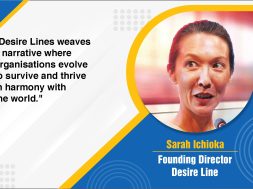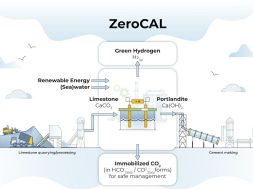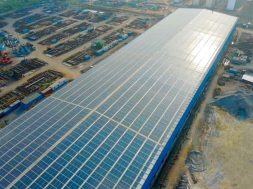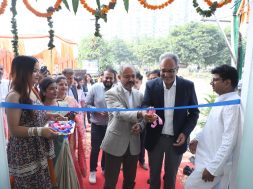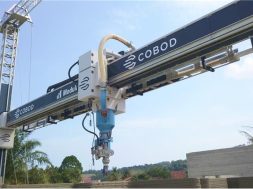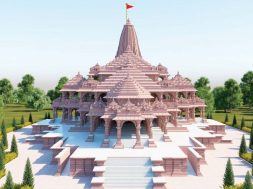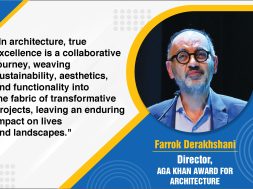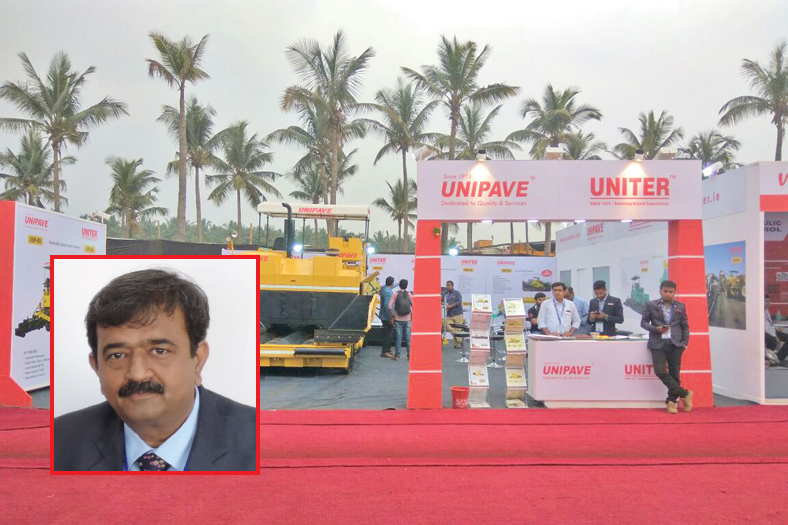Desire Lines advocates for a regenerative future
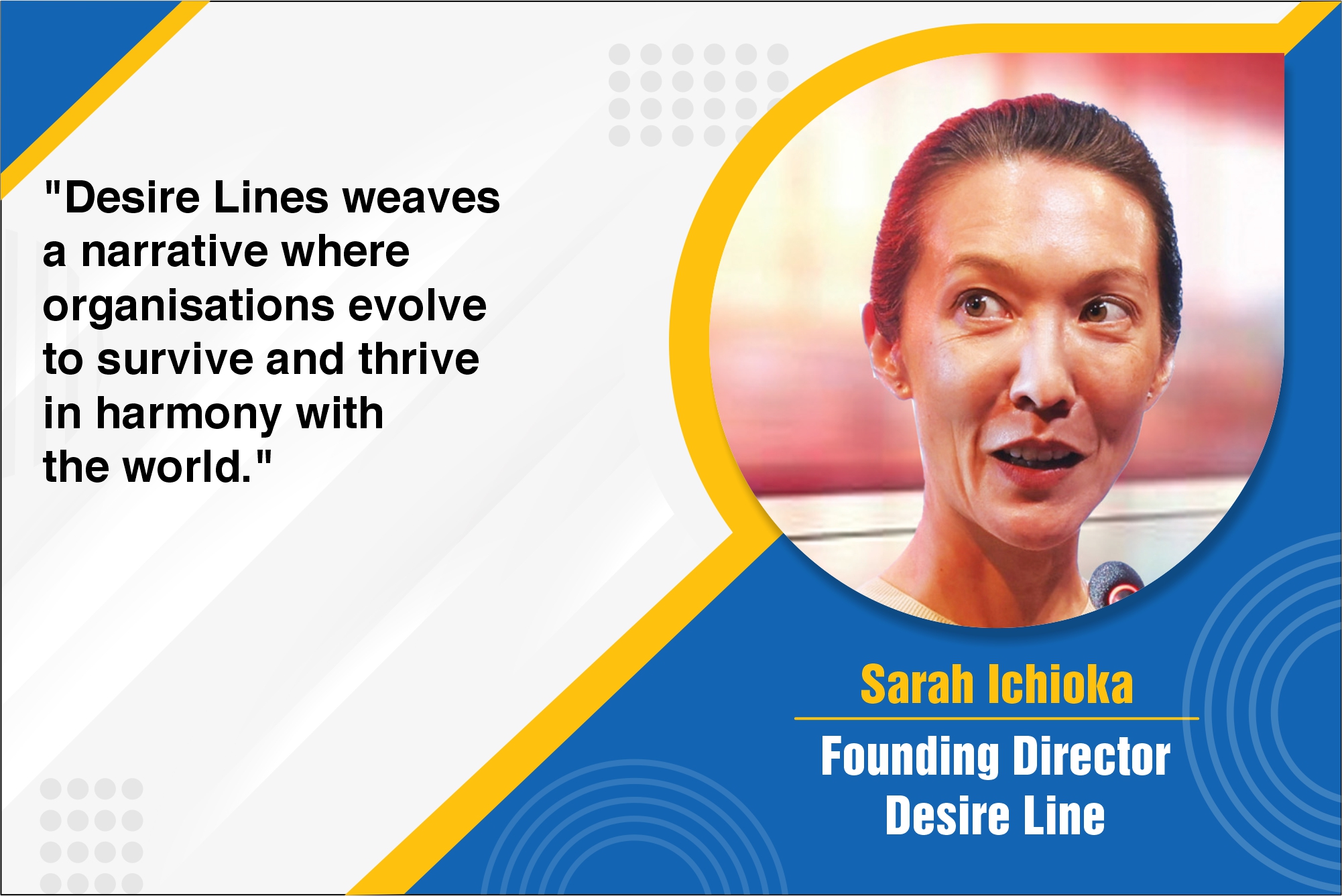
In an exclusive interaction, Sarah Ichioka, the visionary force behind Desire Lines, sheds light on the guiding principles shaping their consultancy in this transformative arena.
Can you elaborate on how Desire Lines approaches organisational transformation for environmental, cultural, and social-impact organisations?
At Desire Lines, we believe in the power of co-creation and integration to help organisations confidently face an uncertain future. We take an ecosystemic approach to our work. We assist our clients in understanding how they can evolve to face the future in healthy relationships with the myriad collaborators and resource flows upon which they depend. Every engagement we undertake is bespoke, meaning that we seek as much as possible to embed with our clients so that we can genuinely understand their organisational cultures and contexts. This enables us to design solutions that meet their needs and build their capabilities to respond to their specific challenges and opportunities effectively.
How do you envision the role of physical spaces in fostering positive social and environmental change?At present, the majority of our ruling classes, both elected and non-elected, are failing to provide healthy, dignified lives for all people within the safe space of planetary limits. We all need spaces to live and work, to learn and belong. But at least in industrialised societies, how we create most of these spaces is failing both people and the planet. Transformation of how we design, finance, build, and inhabit our buildings and infrastructure will be integral to the twinned social and ecological transitions we are called to help emerge. In contexts such as Singapore or Switzerland, this should entail a radical shift towards reusing existing structures, with minimal material change and maximum creative activation.
In contexts such as India or Indonesia, new-build development must find ways to nurture ecosystems and human culture rather than deplete it. In Desire Lines’ work for Dhun, 500 breathtaking acres of regenerated land in suburban Jaipur, which is slated for sensitive new human settlement, we supported the leaders of the new development in clarifying their mission, objectives, programs, and target audiences.
How do you see the role of urban planning intersecting with environmental, cultural, and social impact?
Healthy cities and places are not machines but living, evolving entities. Planning that fails to integrate a deep understanding of ecological, cultural, and social systems is bound to fail. This is why interdisciplinary expertise is important to Desire Lines, within our core team and among the trusted collaborators we pull into constellations to deliver complex projects.
As an urbanist, what are the considerations for developing cultural-spatial strategies to ensure they are inclusive and accessible to diverse communities?
Diversity is an important aspect of Desire Lines’ working methods. This extends from the backgrounds of our invited collaborators, through the profiles of the stakeholders we guide our clients to engage, to the wide spectrum of methods we apply to our research. All of our work requires navigating cultural and social dynamics, which can be challenging. We earn the trust of our clients through working in an embedded way, which entails the discipline of discretion and being able to hold confidence.
For more info visit: https://desire-lines.com/
50
Cookie Consent
We use cookies to personalize your experience. By continuing to visit this website you agree to our Terms & Conditions, Privacy Policy and Cookie Policy.
